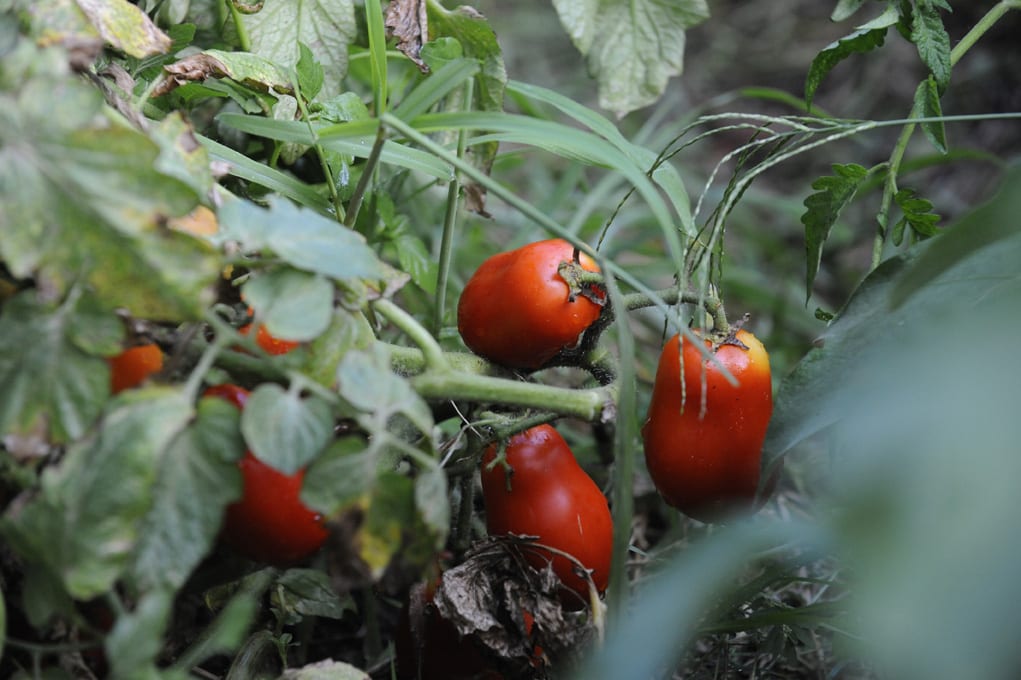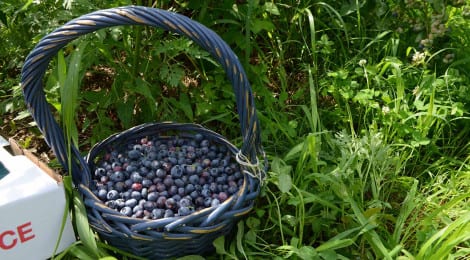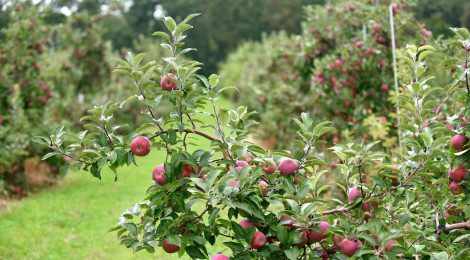
Food Vision Prize
Transforming Surplus into Stability and Scale
When dining program leaders at Massachusetts Institute of Technology, Lesley University, and Emmanuel College came together to propose a project for the 2019 New England Food Vision Prize, they began with a basic assumption: food service professionals and their partners want to purchase more local food, and local farmers and fisheries want to sell their product to colleges and universities in the region. There are challenges, however, that exist within the supply chain that often make these intentions difficult to realize.
The lack of year-round product supply, pricing, insufficient volume, limited availability of locally processed foods, and inconsistent product quality are examples of challenges that no single entity within a supply chain can resolve. It takes collaboration, coordination, and adjustment in business processes to align the many moving parts. MIT, Lesley, and Emmanuel College, in partnership with Commonwealth Kitchen, Western Massachusetts Food Processing Center, Boston Area Gleaners, and PV Grows, propose to work with food service provider Bon Appetit Management Company to create a portfolio of “Food from Here” products that will be utilized across campus kitchens, retail locations, residential halls, and at MIT’s at-cost grocery store.
“Food from Here” products will start with minimally processed ingredients made from crops that already occur in abundance within the region, often resulting in a surplus that can be gleaned, such as apples, tomatoes, onions, potatoes, or root vegetables. There are additional products that could be produced at greater volumes with the right level of demand guarantee, such as blueberries. The team’s processing partners propose to purchase this produce from local farms and process it into frozen or shelf stable products such as diced onions or crushed tomatoes that could be used year-round.
Additional locally grown ingredients will be packaged in bulk and included as ingredients in dining hall meals or packaged as grab-and-go meals sold on campus. Chefs at the institutions will work with Commonwealth Kitchen and the Western Massachusetts Food Processing Center to analyze campus menus and recommend products for the “Food from Here” portfolio. These partners, along with Boston Area Gleaners, will identify local suppliers, who will receive the support they need to become a part of the supply chain.
Eventually, “Food from Here” products will be available to other local institutions, ensuring that abundant or surplus produce gets put to use locally, and campuses can continue to increase the use of local products on their menus. Additionally, project leaders hope that the “Food from Here” portfolio can reduce the nearly 20% of food that is grown on New England farms and currently not harvested.


